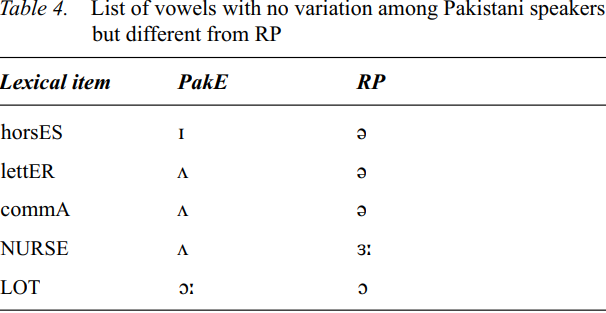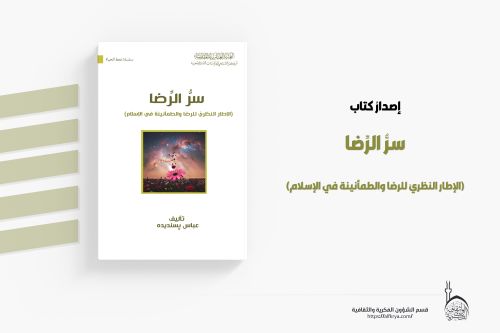

Grammar


Tenses


Present

Present Simple

Present Continuous

Present Perfect

Present Perfect Continuous


Past

Past Continuous

Past Perfect

Past Perfect Continuous

Past Simple


Future

Future Simple

Future Continuous

Future Perfect

Future Perfect Continuous

Passive and Active


Parts Of Speech


Nouns

Countable and uncountable nouns

Verbal nouns

Singular and Plural nouns

Proper nouns

Nouns gender

Nouns definition

Concrete nouns

Abstract nouns

Common nouns

Collective nouns

Definition Of Nouns


Verbs

Stative and dynamic verbs

Finite and nonfinite verbs

To be verbs

Transitive and intransitive verbs

Auxiliary verbs

Modal verbs

Regular and irregular verbs

Action verbs


Adverbs

Relative adverbs

Interrogative adverbs

Adverbs of time

Adverbs of place

Adverbs of reason

Adverbs of quantity

Adverbs of manner

Adverbs of frequency

Adverbs of affirmation


Adjectives

Quantitative adjective

Proper adjective

Possessive adjective

Numeral adjective

Interrogative adjective

Distributive adjective

Descriptive adjective

Demonstrative adjective


Pronouns

Subject pronoun

Relative pronoun

Reflexive pronoun

Reciprocal pronoun

Possessive pronoun

Personal pronoun

Interrogative pronoun

Indefinite pronoun

Emphatic pronoun

Distributive pronoun

Demonstrative pronoun


Pre Position


Preposition by function

Time preposition

Reason preposition

Possession preposition

Place preposition

Phrases preposition

Origin preposition

Measure preposition

Direction preposition

Contrast preposition

Agent preposition


Preposition by construction

Simple preposition

Phrase preposition

Double preposition

Compound preposition


Conjunctions

Subordinating conjunction

Correlative conjunction

Coordinating conjunction

Conjunctive adverbs


Interjections

Express calling interjection


Grammar Rules

Preference

Requests and offers

wishes

Be used to

Some and any

Could have done

Describing people

Giving advices

Possession

Comparative and superlative

Giving Reason

Making Suggestions

Apologizing

Forming questions

Since and for

Directions

Obligation

Adverbials

invitation

Articles

Imaginary condition

Zero conditional

First conditional

Second conditional

Third conditional

Reported speech


Linguistics

Phonetics

Phonology


Semantics


Pragmatics

Linguistics fields

Syntax

Morphology

Semantics

pragmatics

History

Writing

Grammar

Phonetics and Phonology

Semiotics


Reading Comprehension

Elementary

Intermediate

Advanced


Teaching Methods

Teaching Strategies
Invariant vowel realizations Group 1B
المؤلف:
Ahmar Mahboob and Nadra Huma Ahmar
المصدر:
A Handbook Of Varieties Of English Phonology
الجزء والصفحة:
1008-59
2024-06-11
1055
Invariant vowel realizations Group 1B
This group consists of vowels which showed no variation within Pakistani speakers, but differed from RP. Table 4 is a list of these vowels.

The first three words in this group are bi-syllabic. In RP, the second syllable is unstressed and, as a result of unstressing, the vowel is frequently reduced to [ə]. For example, RP speakers stress the first vowel and reduce the second to a lax mid-central vowel, schwa, in [letə] letter or [kɔmə] comma. Pakistani speakers did not reduce the vowel but rather used a full vowel, e.g., [lettΛr] letter or [kɔ:mmΛ] comma. Thus, there were no observed instances of schwa in the data collected using the Sheffield set (however, instances of /ə/ were observed in connected speech and will be discussed later).
The NURSE vowel is [Λ] and the LOT vowel [ɔ:].Their RP equivalents, [з:] and [ɔ], are not attested in the samples of PakE collected for this study. The tense midhigh central vowel [з:] is not attested in Rahman (1990) – see rhoticity for a discussion of Rahman’s work on PakE. Nihalani, Hosali and Tongue (1989) also do not list this vowel in their table of ‘Educated Indian English’ monophthongs. However, they do list the lax low back vowel [ɔ] in words such as cot and caught. Pakistani speakers in this study substitute [ɔ] with either a tense mid back vowel, [ç], as in LOT or a tense mid-high back vowel, [o:], as in CLOTH. It is possible to explain the absence of the vowels [з:] and [ɔ] by looking at the Urdu vowel system. Urdu does not use either of these vowels and thus it may be the case that PakE speaker replace these with Urdu vowels.















 قسم الشؤون الفكرية يصدر مجموعة قصصية بعنوان (قلوب بلا مأوى)
قسم الشؤون الفكرية يصدر مجموعة قصصية بعنوان (قلوب بلا مأوى) قسم الشؤون الفكرية يصدر مجموعة قصصية بعنوان (قلوب بلا مأوى)
قسم الشؤون الفكرية يصدر مجموعة قصصية بعنوان (قلوب بلا مأوى) قسم الشؤون الفكرية يصدر كتاب (سر الرضا) ضمن سلسلة (نمط الحياة)
قسم الشؤون الفكرية يصدر كتاب (سر الرضا) ضمن سلسلة (نمط الحياة)

















